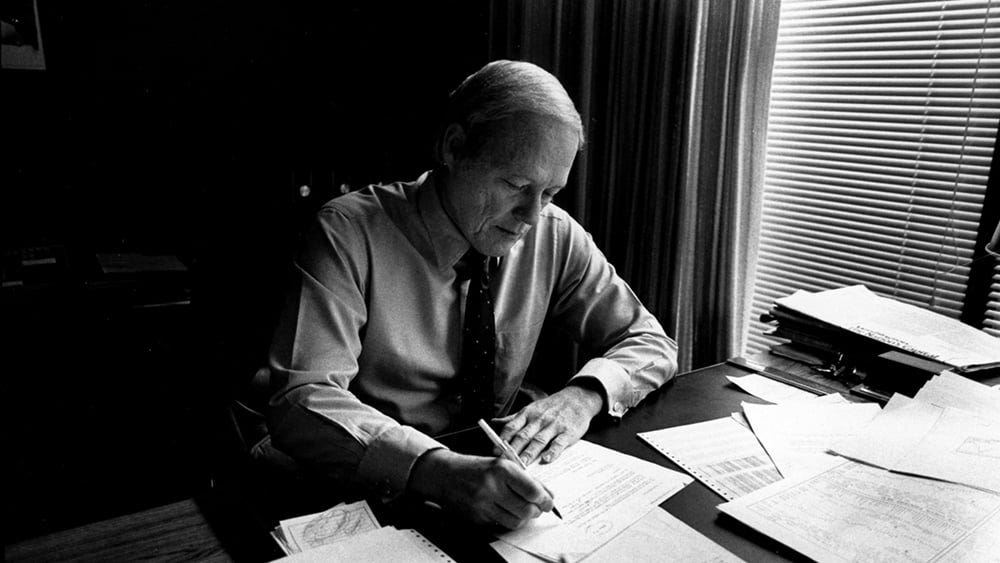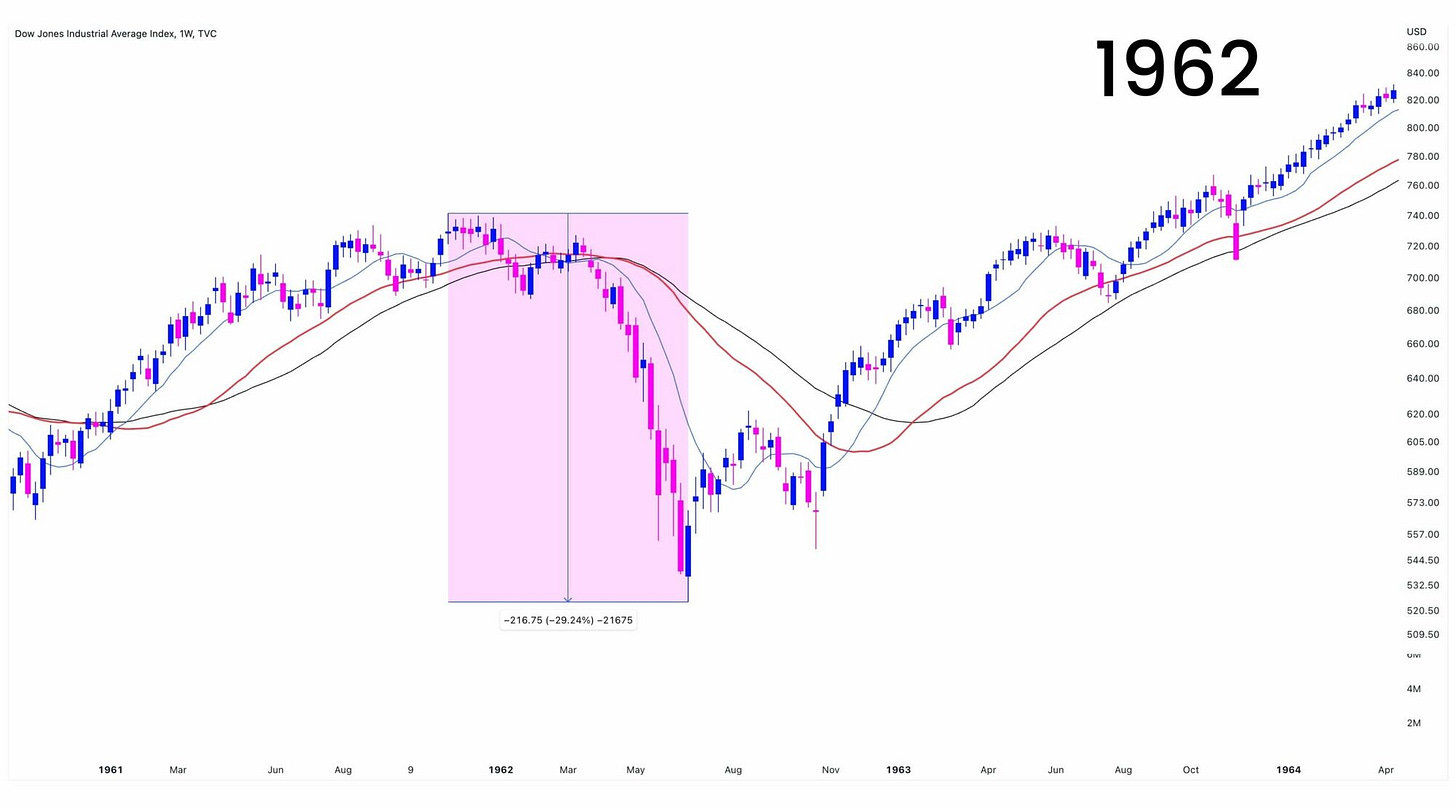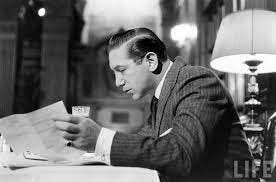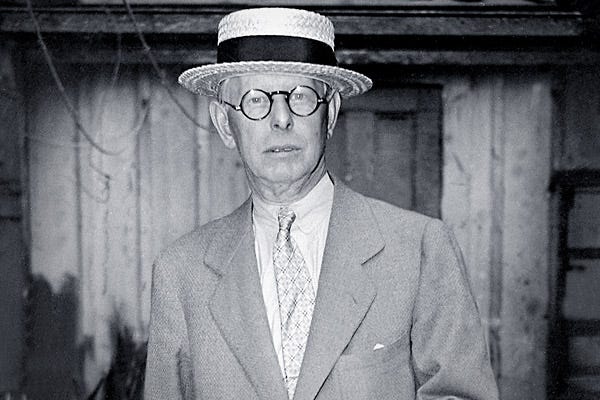Lessons from the Greatest Traders of all time.
The 4 Secrets Behind the Greatest Traders in History
Hi everyone! I hope you are doing well and capitalizing on the recent uptrend!
Over the past few month’s I’ve been working with John Boik on the Historical Analysis Masterclass. Over the course of 10 webinars we are covering Legendary Traders from Richard Wyckoff to O’Neil to Modern day Top Traders like Oliver Kell.
We are also covering the template of a monster stock (Model book stock), how they setup, trend and top. Finally we are covering market cycles going back to the early 1900s, the fundamental drivers and what the bull and bear markets looked like on the charts.
In this article I’ll share 4 common characteristics that I’ve noticed the greatest traders’s and history shared, despite their slightly different styles.
We'll touch on each of these concepts (all of which will be discussed at length in the Historical Analysis Masterclass with John Boik)
These 4 Pillars form the blueprint for longterm success in the market:
Passion and Work Ethic
Focus on Limiting Losses
Focus on the best stocks in the market
Affinity for Studying History
By adopting these pillars, as well as studying the traders and strategies themselves, we can accelerate our learning curves and level up our trading performance.
Passion and Work Ethic
"90% of the people in the stock market, professionals and amateurs alike, simply haven’t done enough homework. "
- William O'Neil
"Speculation is a hard and trying business, and a speculator must be on the job all the time or he'll soon have no job to be on"
- Jesse Livermore
"There is absolutely no doubt in my mind that one of the real keys to winning is learning how to lose."
- Stan Weinstein
To become a great trader, it takes passion to power through the ups and downs. Every trader, even the legends, go through rocky periods where they have setbacks and have to persevere.
They each spent hours each week studying the game of trading, to improve on their weaknesses and to identify the current leaders.
When Stan Weinstein was in college and just getting into trading back in the spring of 1962, the market crashed, falling almost 30% in 30 weeks.
At the time, Stan had invested his money using fundamental methods and saw many picks from respected services lose the majority of their value.
Undeterred by this setback, Stan began researching different investing methods. He studied thousands of charts and started to notice a recurring pattern; stocks would trend, form bases, and then breakout.
He also noticed how after a significant run, stocks would lose momentum and begin downtrends; forming lower highs and lower lows. Then after some time, the stock would begin drifting sideways, form a base, and eventually restart an uptrend.
These observations formed the basis of what would eventually become Stage Analysis.
Focus on limiting losses
The best traders are laser focused on cutting their losses when a stock fails a setup and begins to act abnormally.
The math of trading is clear, you need to keep your average losses to a fraction of your gains to be successful over time.
“I'm always thinking about losing money as opposed to making money. Don't focus on making money, focus on protecting what you have”
- Paul Tudor Jones
“Limiting losses is like paying worthwhile insurance premiums. The novice can limit his losses mathematically. The expert will have his reasons. The fool will let them run”
“And I think the big secret of those who have made more money than others is to realize their mistakes and get out quickly”
-Gerald Loeb
"No speculator can be right all the time. In fact, if a speculator is correct half the time, he is hitting a good average. Even being right three or four times out of ten should yield a person a fortune if he has the sense to cut his losses on the ventures where he has been wrong”
- Bernard Baruch
Focus on the Best Stocks/Opportunities in the Market
The best traders are only interested in the A++ stocks for their system. All other opportunities become noise.
This leads to better execution and if you can't make money in the leaders, what makes you think you can do so in an inferior name?
"Watch the leaders"
- Jesse Livermore
"The first step in learning to pick stock market winners is for you to examine leading winners of the past to learn all the characteristics of the most successful stocks."
- William O'Neil
"I think it's one of the most important things to do is not to play when you don't see a fat pitch. When you really see the ball, swing really big. And when you don't see the ball, don't swing"
- Stanley Druckenmiller
“I tried to detect those stocks that resisted the decline. I reasoned that if they could swim against the stream, they were the ones that would advance most rapidly when the current changed.”
- Nicolas Darvas
Affinity for studying history and their own trading
This is one of the most important commonalities between legendary traders and it is what truly separates them from the rest.
They studied the past, themselves, previous great traders, powerful stocks, and market cycles, to build intuition and collect precedents.
The past served as their guide as they navigated contemporary markets
“There is nothing new in Wall Street. There can’t be because speculation is as old as the hills. Whatever happens in the stock market today has happened before and will happen again”
- Jesse Livermore
“Plot out your mistakes on charts, study them, and write some additional rules in order to correct your mistakes and the actions that cost you money”
- William O'Neil
"Most losses in the stock market can be traced to the average speculator's persistent disregard of the lessons of the past"
- Jesse Livermore
"You look at every bear market and they've basically occurred because of an up-tick in inflation and an up-tick in interest rates"
- Paul Tudor Jones
"Nobody taught me, I just saw the same patterns. The same things happened over and over again"
- Jack Dreyfus
Bonus: Listen to the Market and Price action
This is another key similarity between legendary traders. They listened to the market to help guide their decisions and point them towards the market leaders.
“The market always tells you what to do. It tells you: Get in. Get out. Move your stop. Close out. Stay neutral. Wait for a better chance. All these things the market is continually impressing upon you, and you must get into the frame of mind where you are in reality taking your orders from the action of the market itself - from the tape”
- Richard Wyckoff
“My only sound reason for buying a stock is that it is rising in price. If that is happening, no other reason is required. If that is not happening, no other reason is worth considering”
- Nicolas Darvas
"The Tape Tells All"
- Stan Weinstein
"The tape does not concern itself with the why and wherefore… The reason for what a certain stock does to-day may not be known for two or three days, or weeks, or months. But what the dickens does that matter? Your business with the tape is now not tomorrow"
- Jesse Livermore
We'll be diving deep into these concepts and strategies in John's Masterclass. It’s not too late to join! The next class is tomorrow, Saturday at 11am EST
Here is a quick review of what the masterclass will include:
10 Comprehensive Live Webinars covering Legendary Traders, Monster Stocks, and Market Cycles
230+ Page Textbook which culminates 20+ years of Research
460+ Slides compiling the material
Special Guests: Hedge Fund Managers, United States Investing Champions
2 Bonus eBooks for every student ( How To Make Money In Stocks by O'Neil and Monster Stock Lessons by John)
The class is taking place bi weekly July 8th - August 16th live on zoom and the recordings will be archived in the class for lifetime access.
This is the perfect class to take to level up your trading and learn how to identify and ride model book stocks, just as legendary traders like William O’Neil have over the decades.
I look forward to seeing you there!
Cheers!
Richard
PS, if you enjoyed this article please give it a like and share on twitter! Thanks!






Love that you started off with Passion.
There's no other way to stick with trading long enough and handle the ups and downs. You truly have to be passionate about trading in order to stay in the game.
Solid four pillars. Thanks for sharing these thoughts!